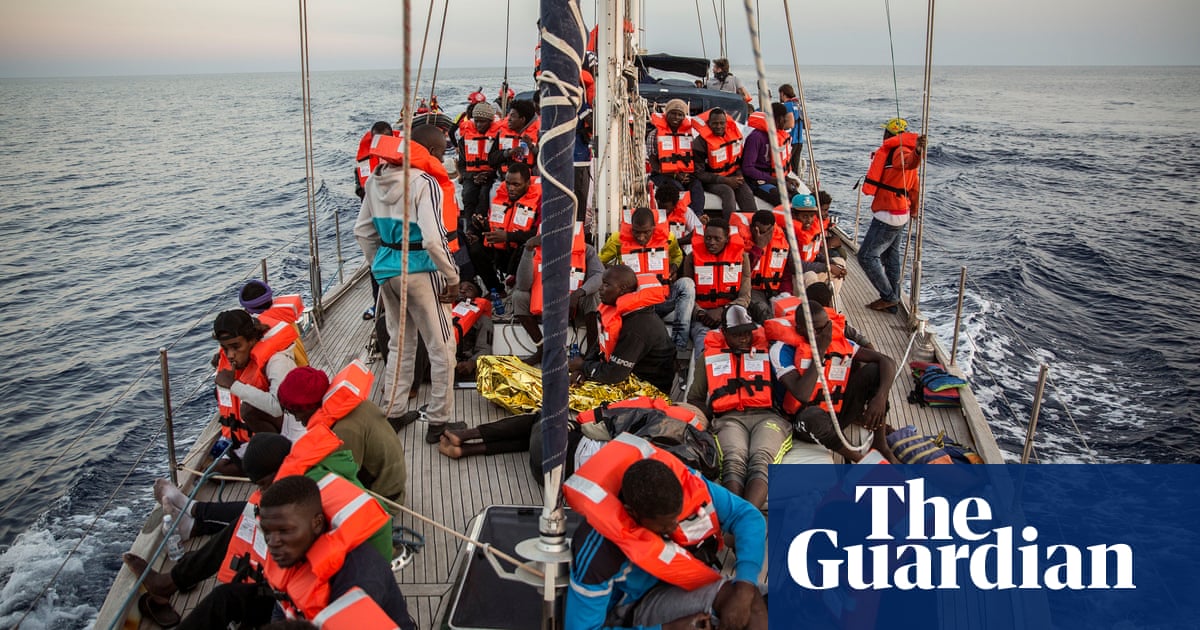The Italian government approved the use of a sophisticated surveillance tool to spy on members of a humanitarian NGO because they were allegedly deemed a possible threat to national security, MPs have heard.
Alfredo Mantovano, a cabinet undersecretary, made the admission during a classified meeting with Copasir, the parliamentary committee for national security, according to a person familiar with the situation.
Copasir is investigating whether the secret services breached the law in using Graphite, military-grade spyware made by the Israel-based Paragon Solutions, to monitor activists and journalists, and is expecting to report on its finding soon.
Giorgia Meloni’s government has been under pressure to address the case since January, when a handful of Italian activists and a journalist received warnings from WhatsApp, the messaging app owned by Meta, that their phones had been targeted by spyware.
The government initially denied involvement, but Mantovano, who oversees the intelligence services, told the committee that the spyware had targeted Luca Casarini and Giuseppe Caccia, the founders of Mediterranea Saving Humans, an NGO that tries to protect refugees who cross the Mediterranean.
He said the spyware was approved by the government and the attorney general of Rome’s court of appeal, and that the intelligence agencies used the surveillance system within the parameters of the law in order to conduct a “preventive” investigation into illegal immigration. He denied the spyware was used to target Francesco Cancellato, the editor-in-chief of the Italian news outlet Fanpage.
Mantovano’s assertions, which were first reported by La Repubblica, have so far not been denied by the government.
Paragon suspended its relationship with Italy when the breaches emerged, a person familiar with the matter told the Guardian. The company’s spyware is intended for use on criminals.
Mediterranea Saving Humans said it was informed about Mantovano’s claims by journalist sources, adding in a statement that the “secret operation worthy of a regime” had been “unmasked to the world”.
after newsletter promotion
In addition to the Copasir inquiry, prosecutors in five cities, including Rome, Palermo, Naples, Bologna and Venice, are investigating claims after complaints were submitted by targets of the alleged spyware breach, who include Mattia Ferrari, a priest, and David Yambio, a humanitarian activist, both of whom have worked with Mediterranea Saving Humans.
“Five prosecutors are investigating and we trust someone will have the courage to get to the bottom of it and demonstrate, as is clear, that this is an abuse of power and nothing else,” Mediterranea Saving Humans added.












